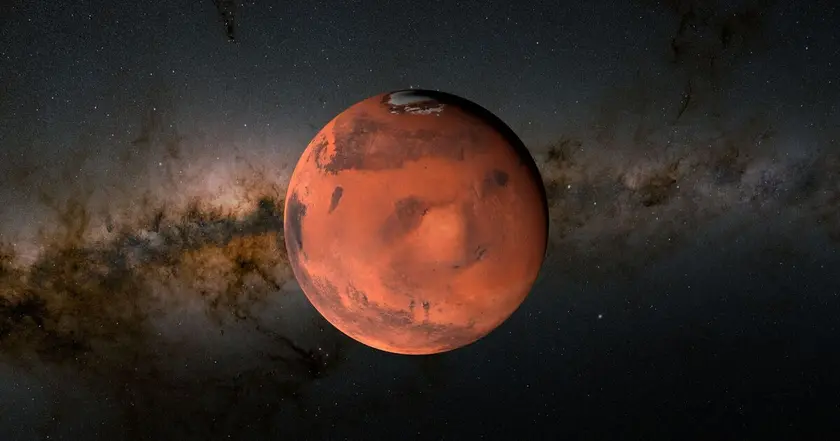T4K3.news
Tiny ancient whale discovery in Victoria
A 25-million-year-old fossil, Janjucetus dullardi, suggests a small, toothy whale lineage lived in warm Australian seas.
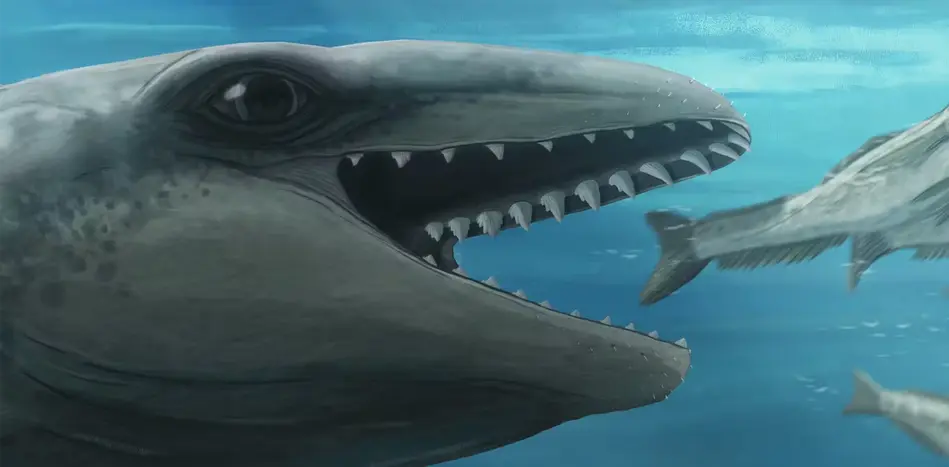
A newly named 25-million-year-old whale from Victoria hints at a diverse, offbeat lineage that once thrived in warm Australian seas.
Tiny ancient whale Janjucetus dullardi reshapes Australia’s marine past
A 25-million-year-old fossil, Janjucetus dullardi, has been named in a new study that broadens our view of early whale diversity. Found in Jan Juc, Victoria, in 2019 by Ross Dullard and later studied by Museums Victoria, the specimen appears to be about two metres long and shows a short jaw full of teeth. Scientists describe mammalodontids as baleen whales that lacked baleen, a paradox that reveals how different feeding strategies existed early in whale history. The discovery adds Janjucetus dullardi to a growing set of small, toothy relatives that roamed warm coastal waters at a time when the oceans were much different from today.
Victoria’s late Oligocene seas yielded a surprisingly abundant record of these strange whales, with dozens of fossils attributed to mammalodontids, many unnamed. The study notes that the group occupied a niche between toothed and baleen whales, challenging simple linear ideas about whale evolution. The fossil record also suggests that the lineage originated before the oldest known fossils, possibly in isolation off southern Australia, before climate change and global cooling reshaped the seas and led to their disappearance around 22 million years ago.
Key Takeaways
"Two metres long, small enough to fit on a standard single bed"
Size estimate for Janjucetus dullardi
"It’s about as heavy metal as whale skulls get"
Describes the jaw and teeth
"Baleen whales without baleen"
Taxonomic note from the study
The find highlights how early whale history was not a straight path toward modern baleen or toothed giants. It shows that isolation can shelter unusual lineages long enough for diversification before climate shifts rewrite marine ecosystems.
This work underlines the value of local fossil sites for telling global stories. A small bone can tilt a long-held narrative about life in the oceans and remind us that science advances on the shoulders of community effort and careful museum work.
Highlights
- Tiny fossil, big impact on whale history
- Two metres long and still shaping a grand story
- Isolation kept a wild lineage alive in a warm epoch
- Warm seas hid a treasure of teeth and jaws
The coast keeps turning up clues about a world long before blue whales ruled the oceans.
Enjoyed this? Let your friends know!
Related News
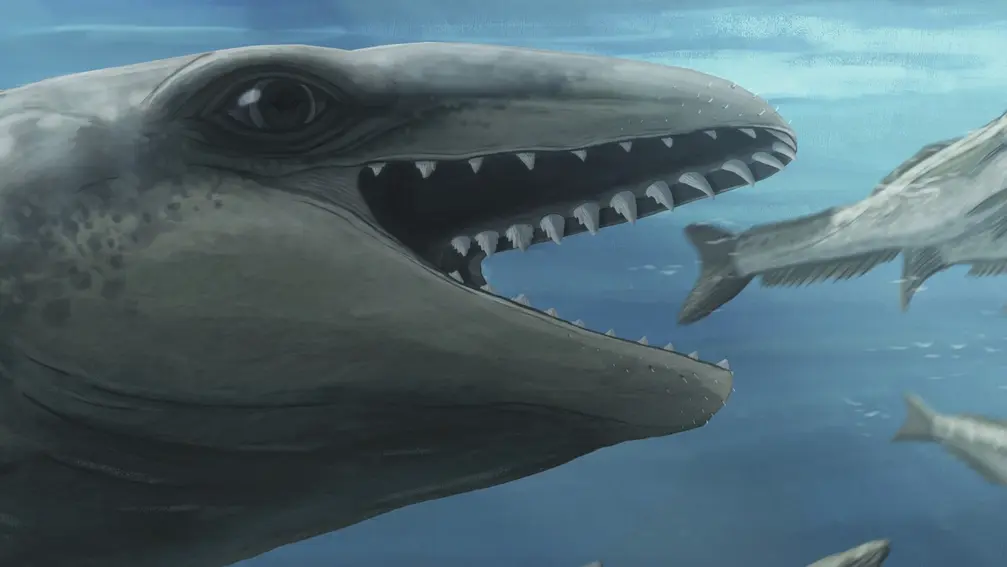
Tiny whale ancestor reshapes whale history
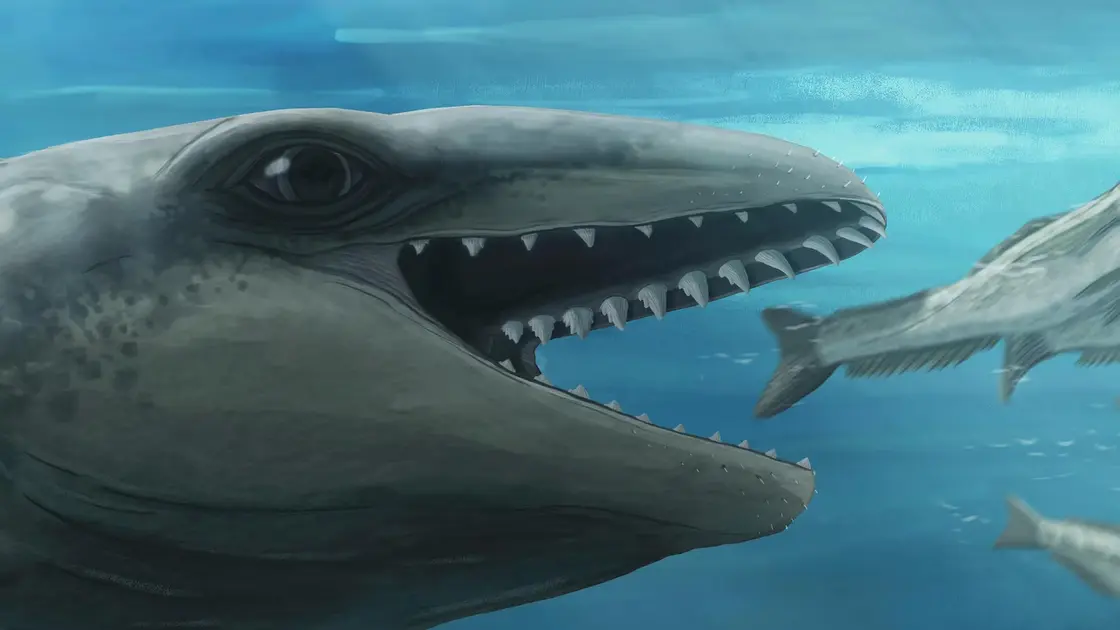
New early whale uncovered
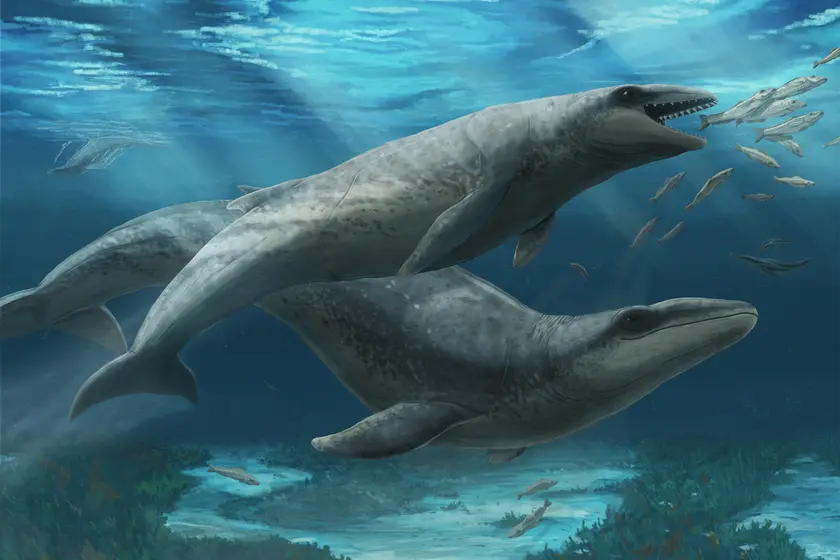
Ancient whale Janjucetus dullardi found off Victoria
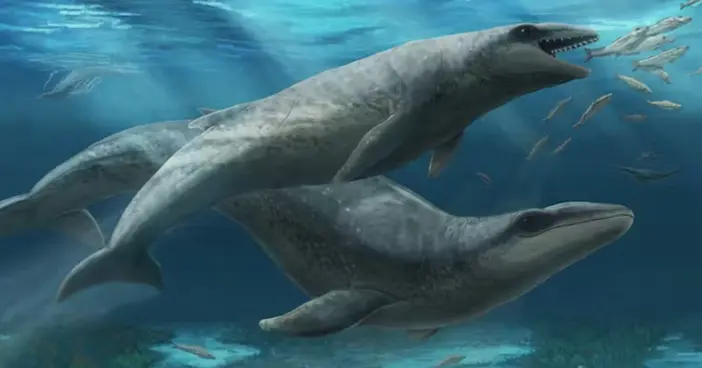
Ancient razor-toothed whale found in Victoria
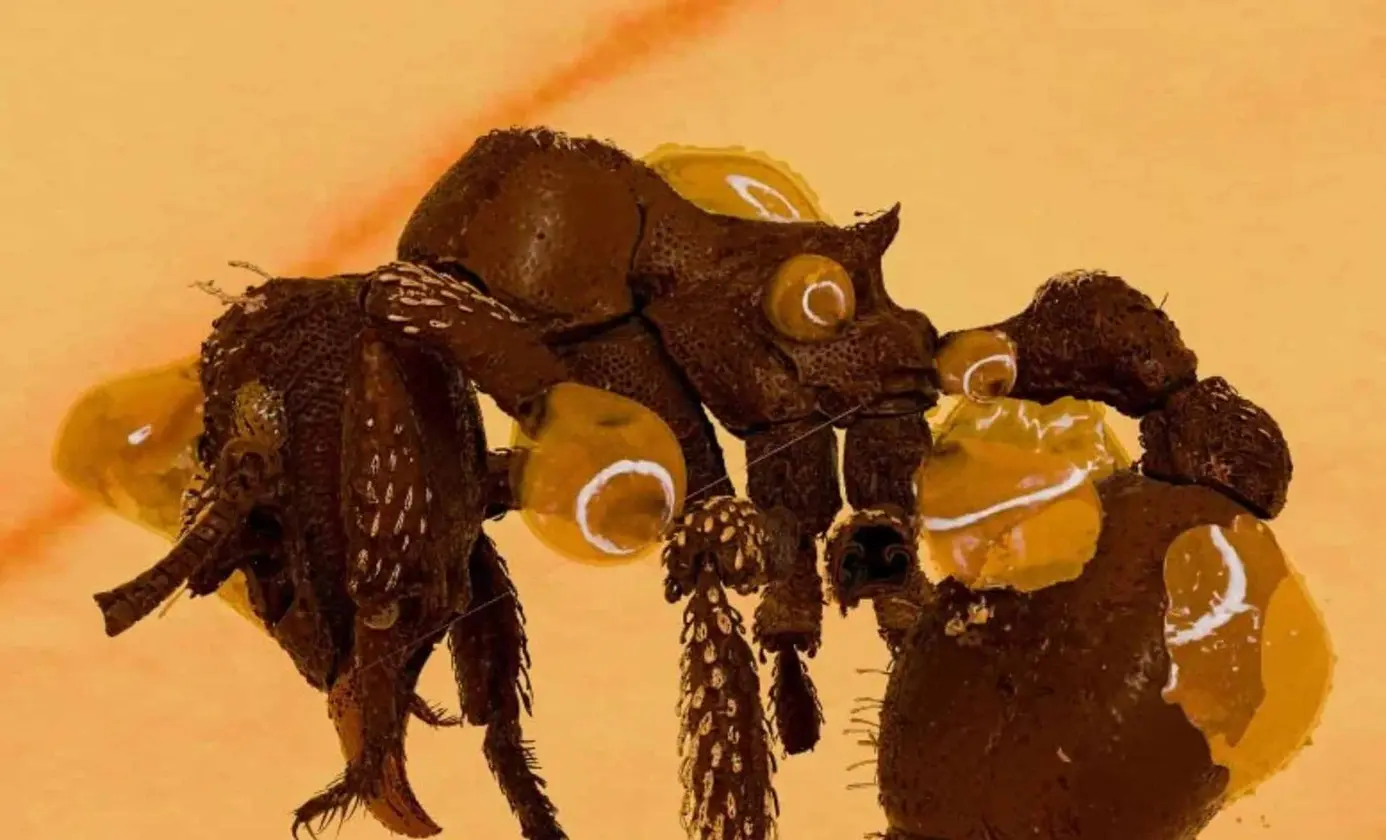
Rare Fossil Ant Discovery Changes Evolutionary Theory
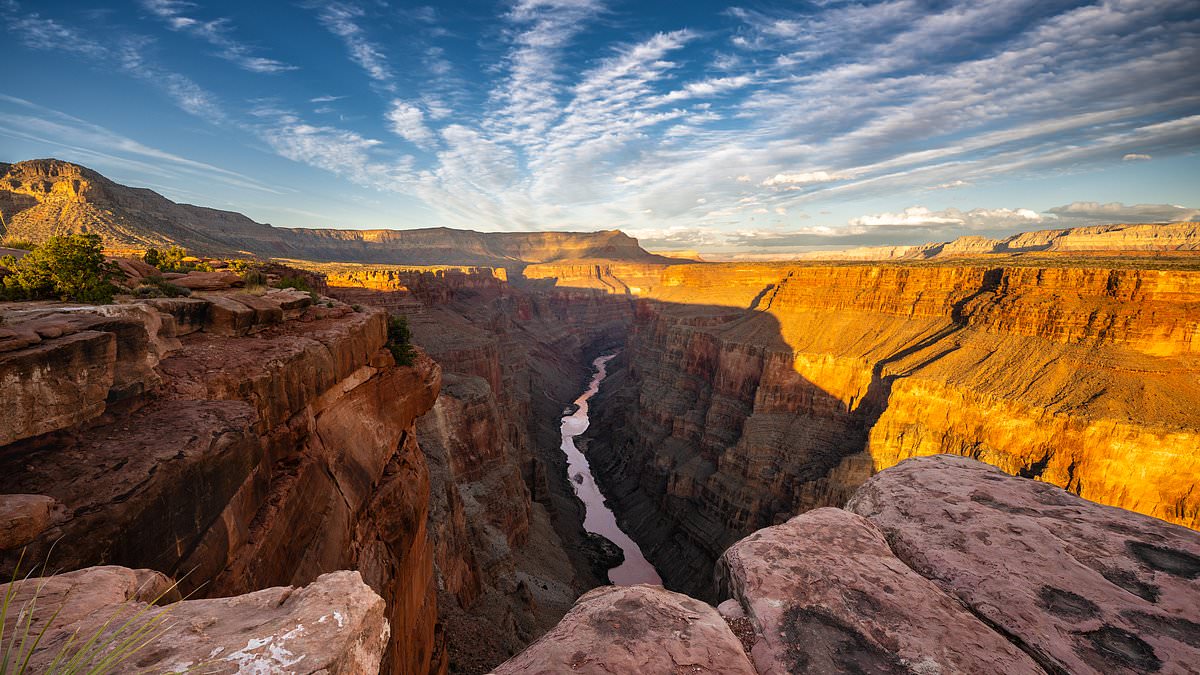
Discovery in Grand Canyon challenges views on life's origins
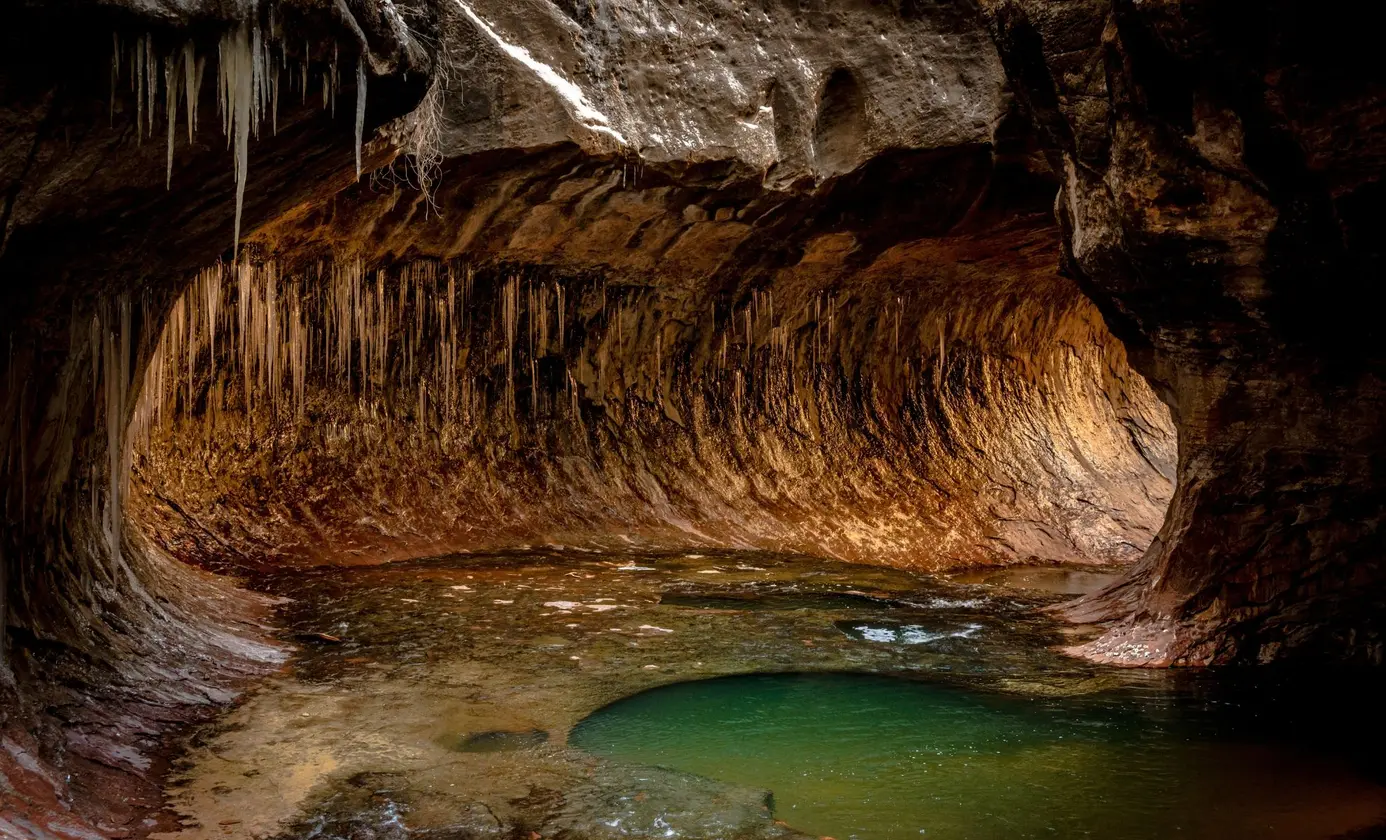
Geologist Tastes Oldest Water Found on Earth
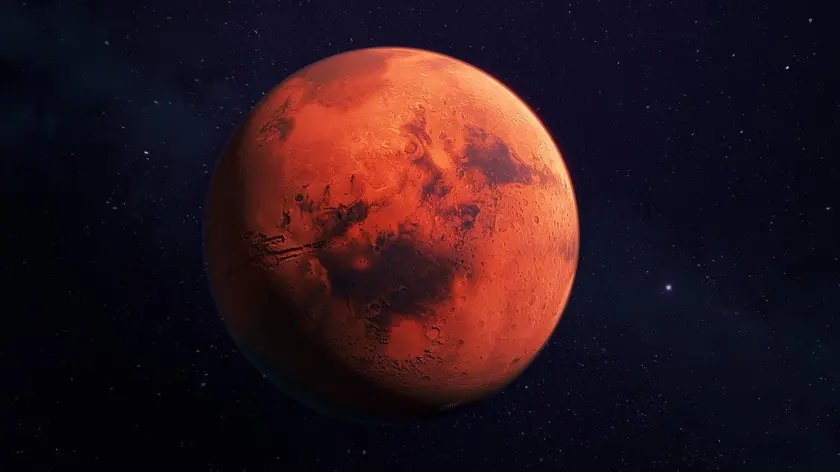
NASA's Curiosity rover discovers coral-like rock on Mars
